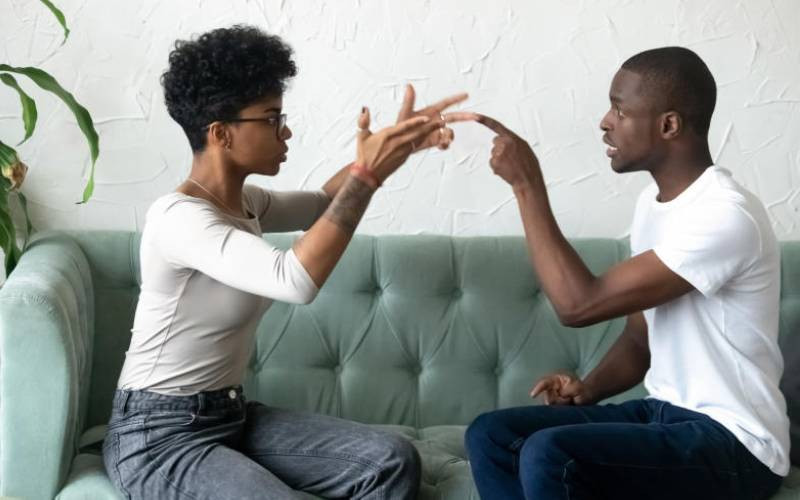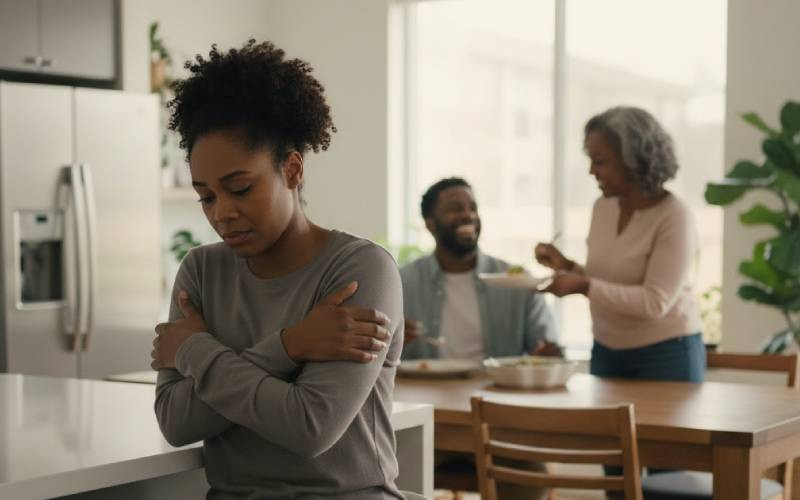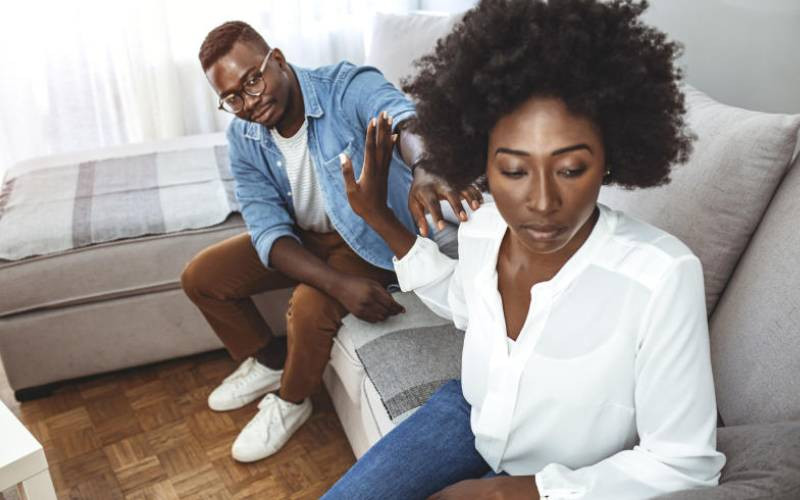
The Standard Media Group's KTN setup ahead of live coverage of the 2022 General elections on August 08, 2022. [Stafford Ondego, Standard].
I had an uneasy feeling as I went to bed. I couldn't explain the queasiness in my stomach. I turned and twisted for hours before sleep stole me. It is the sound of boots and heavy breathing that woke me up. The door to my single room came flying towards my bed and a sudden blow landed squarely on my face. More punches rained on me. Blood was gushing from my nose. My mouth was swollen and lips were torn. The attackers overpowered me and I was bundled into a waiting vehicle.
They came in the dead of the night. Not even the drunkards of Nakuru's Kivumbini estate were staggering outside then. I was thrown into a dark cell with no water or food. Two days later, I was brought before some hefty men for questioning. I realised then that I was being held at the Rift Valley Criminal Investigations Department (CID) headquarters.
 The Standard Group Plc is a multi-media organization with investments in media
platforms spanning newspaper print
operations, television, radio broadcasting, digital and online services. The
Standard Group is recognized as a
leading multi-media house in Kenya with a key influence in matters of national
and international interest.
The Standard Group Plc is a multi-media organization with investments in media
platforms spanning newspaper print
operations, television, radio broadcasting, digital and online services. The
Standard Group is recognized as a
leading multi-media house in Kenya with a key influence in matters of national
and international interest.










